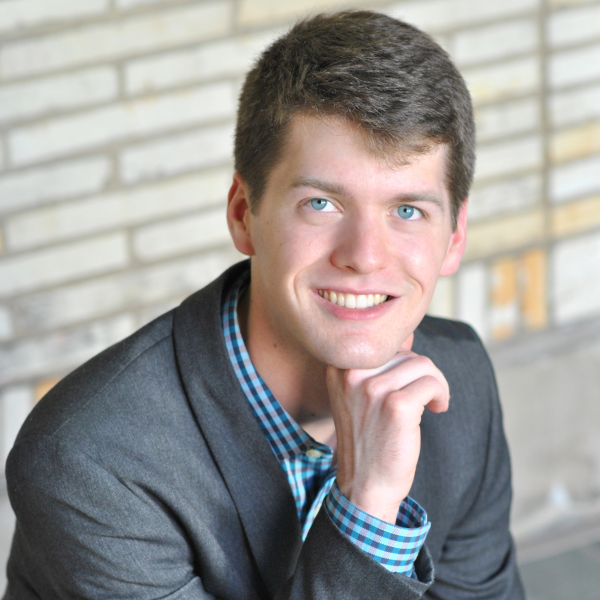
Grossman Ensemble premieres David Clay Mettens' "Stain, Bloom, Moon, Rain"
Performance notes:
David Clay Mettens' piece Stain, Bloom, Moon, Rain premiered with the Grossman Ensemble on March 13, 2020.
In October 2016, I came across a collection of 9th and 11th century Japanese poems, in English translations by Jane Hirshfield. I was struck by the simplicity of these aphoristic poems, as well as the immense range and depth of their emotional content, exploding out of their modest, five-line forms. I’ve returned to them as sources of inspiration for my music a number of times over the last four years, first with Into the empty sky for sextet and electronics, and then in two groups of settings: In this world for soprano and large ensemble and Ink Dark for mezzo-soprano and string quartet. As much as the poetry already aligned with the hazy dream worlds and delicate textures of my earlier music, its varied imagery also pushed me to expand my compositional language to incorporate new gestures, sound worlds, and musical juxtapositions. My piece for the Grossman Ensemble, stain, bloom, moon, rain, explores four such images that recur throughout the poetry collection. In the first movement, stains manifest as soft, sustained dissonant harmonies or noisy additions to the characteristic sounds of the instruments, like metaphorical guitar distortion pedals. At the beginning of the second movement, a simple dyad gradually blooms outward into richer and richer harmonies. The latter half of the movement re-imagines these dyads as luminous chimes accompanying distant solos. The final movement recontextualizes several of the musical ideas and poetic images from the preceding two movements, reflecting the poets’ practice of recycling the same images with new emotional valences. Rain alternately suggests aging, loneliness and dejection, or a cool balm to relieve burning, racing thoughts. Here, it transforms harsh or brittle points into a blurry watercolor of bleeding colors and dripping harmonies.
